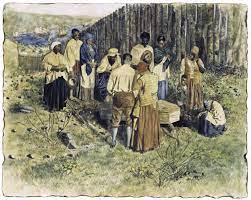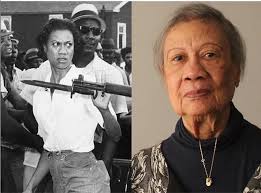Edward Queen (1754-1798), an enslaved person on the Jesuit White Marsh Plantation, wins his freedom in Maryland General Court by convincing an all-white jury that his grandmother, Mary Queen, was a free woman. As a result, 12 more Queen Family members are freed in 1796; freedom lawsuit cases continue until Emancipation in 1864.
The Prince Georges County Jesuit White Marsh Plantation, managed by Father John Ashton (1742-1810) from 1767 until 1806, is the focus of the Queen family cases. In his will Ashton himself frees two Queen family members who appear to be his children by an enslaved woman.
Lawyers for the Queen family include Gabriel Duvall, a future U.S. Supreme Court Justice, and Francis Scott Key. In 1810 Key submits a petition to the DC District Court for Priscilla Queen, an enslaved woman of the president of Georgetown College, Francis Neale. The Court does not admit the Queen family’s hearsay evidence and turns it down, as does the U.S. Supreme Court on appeal.
Lawyers continue to pursue cases for the enslaved Queen family, predicting that “slavery is incompatible with every principle of religion and morality.”
The Jesuit Order in Maryland has five plantations in Southern Maryland with 200 slaves on 13,000 acres. The largest and longest series of freedom lawsuits in this area begins in the Queen and Butler families before the Revolution
The photo above shows a Southern Maryland enslaved family gathering for a funeral.






